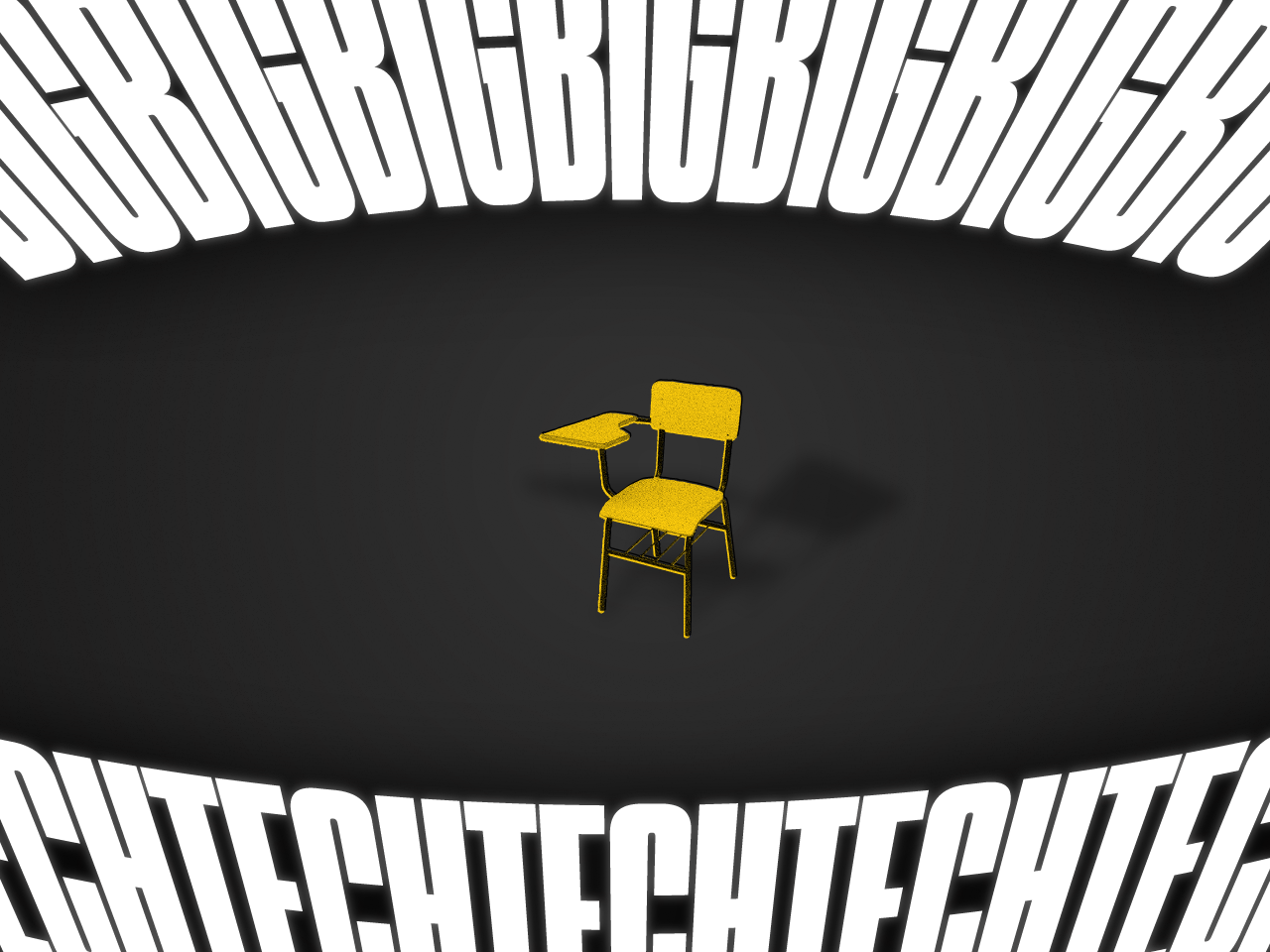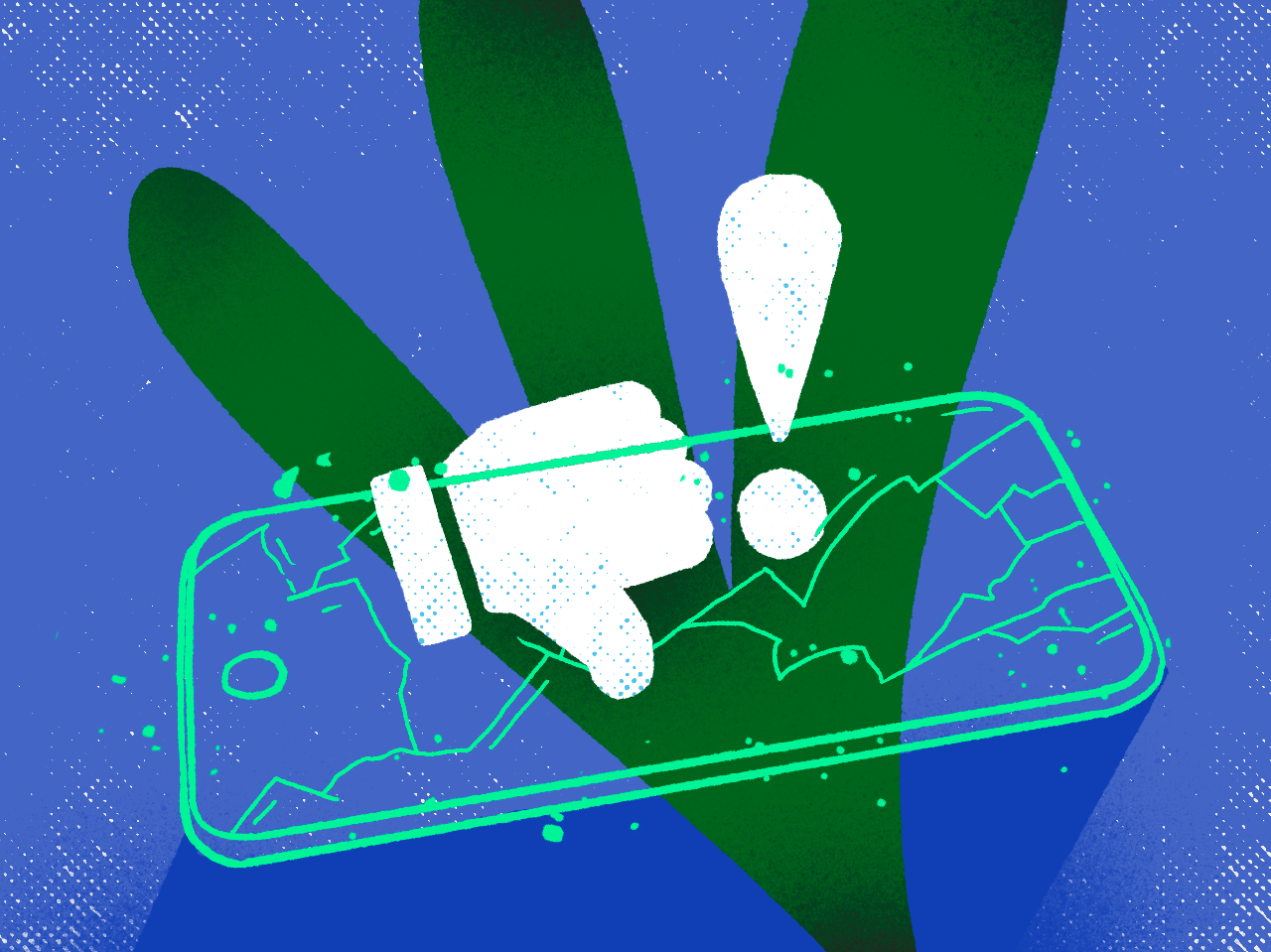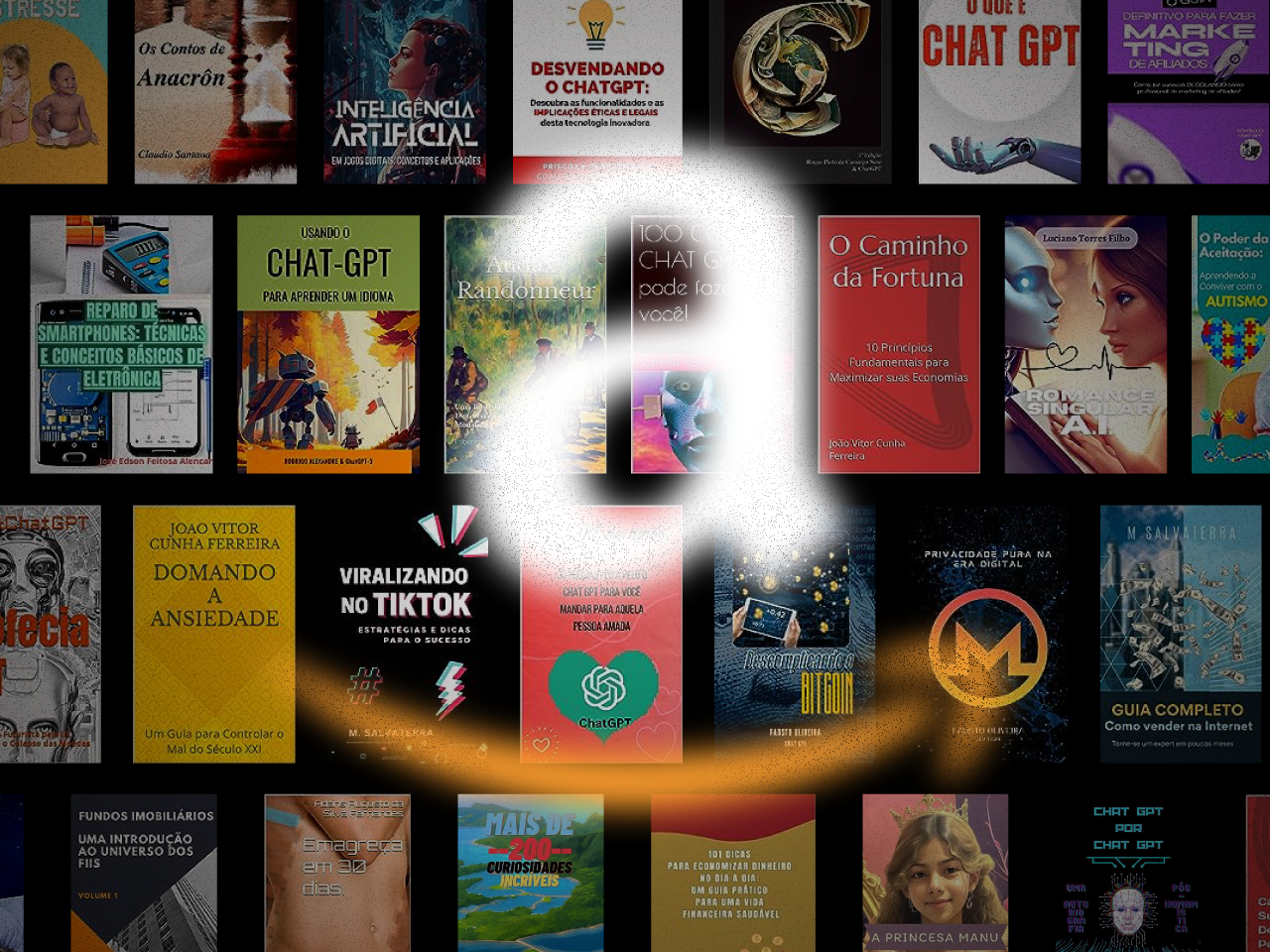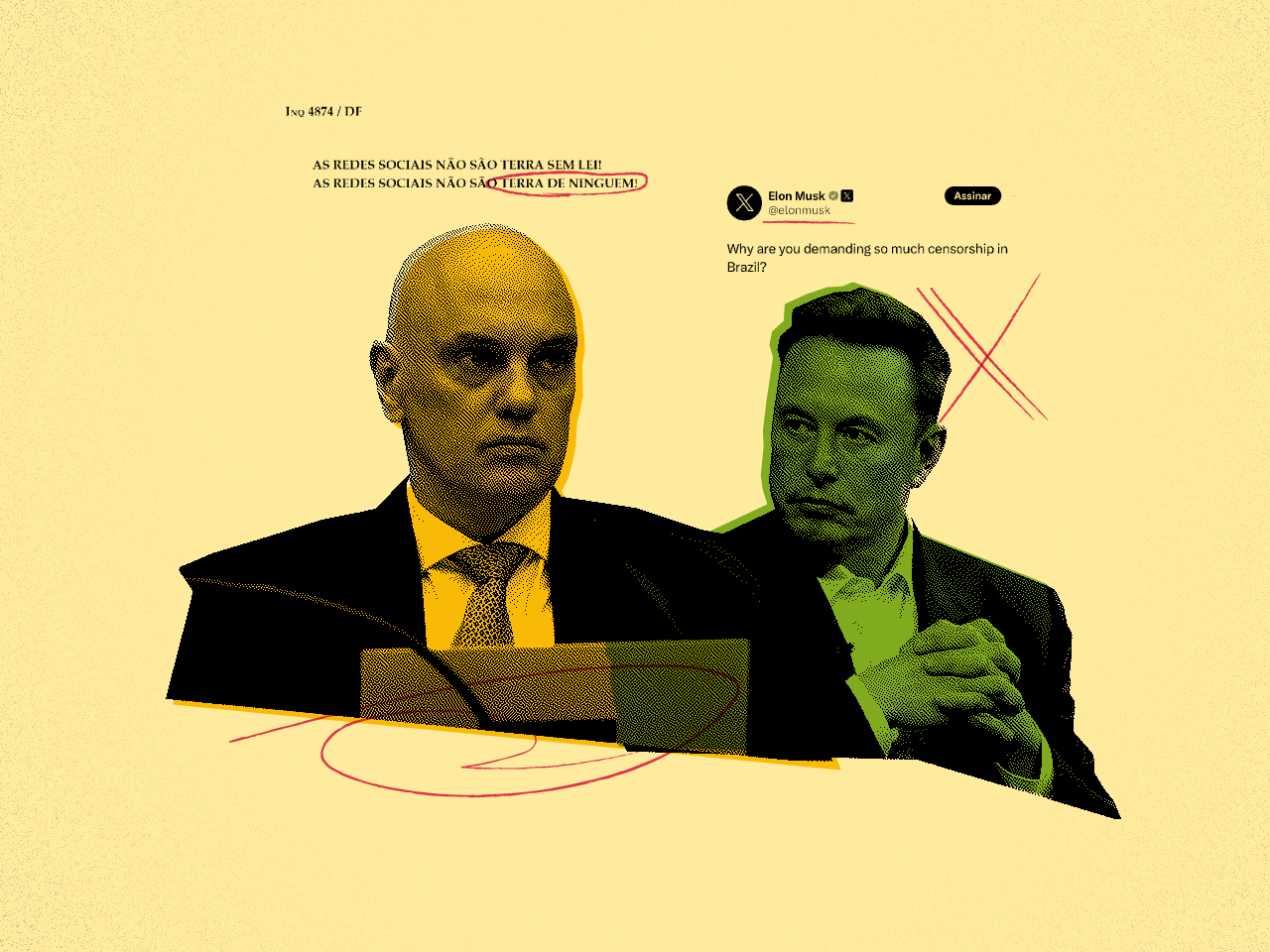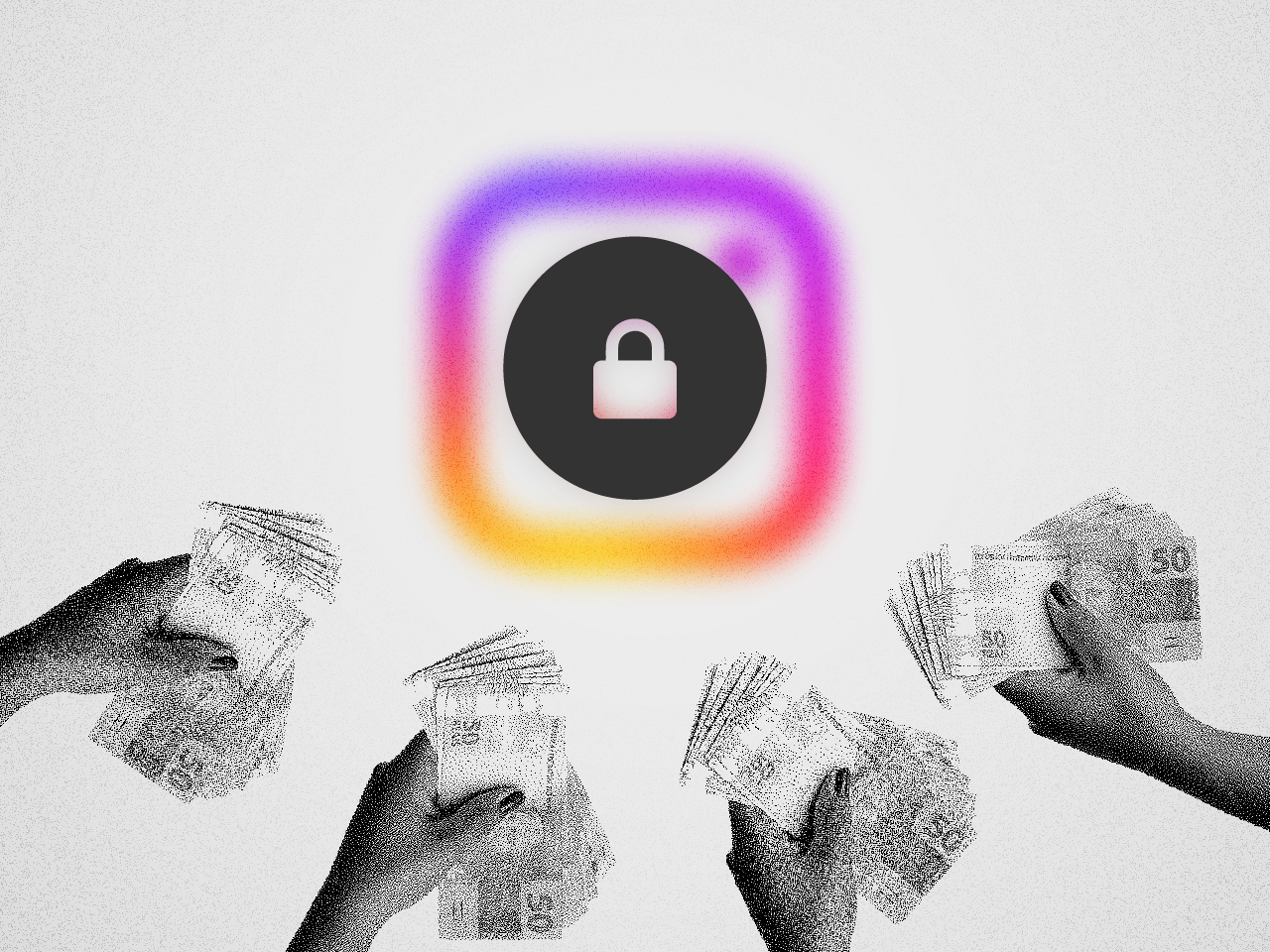Receba nossas newsletters de graça
Read this story in Portuguese
Out of the blue, thousands of students, teachers and even some parents in São Paulo, a Southeastern state in Brazil, found a new app on their cell phones on the morning of August 8th, 2023.
The downloads of the Minha Escola (My School) app were performed automatically, without notice or consent from users, and caused widespread outrage on social media among the affected individuals, not to mention a potential violation of Brazil's Data Protection Law (LGPD).
After the commotion, São Paulo's Secretary of Education (SEDUC) put the blame on a failed test performed by its technical team, which affected devices exclusively linked to Google accounts, a company with which the government has a partnership dating back to 2016.
It ✷ matters ✷ because...
Big Tech has been cozying up with the education sector and making several organizations dependent upon their products and services
Measures undertaken by Secretaries of Education and connected to services provided by Big Tech may contravene the Data Protection Act (LGPD)
A similar case took place in the Southern state of Paraná in November of 2022, which also stirred unease among users and specialists. Curiously enough, then-secretary of Education Renato Feder currently holds the same position in São Paulo.
Although Big Tech is not directly involved in the automatic downloads of these apps, they were possible only because devices were linked to Google accounts, which brings to light a bigger question: the ever-growing presence of tech giants in Brazil's educational environment.
The hand of Big Tech weighs heavily on the education sector: according to research by the Observatory of Supervised Education, a group of academic researchers and social organizations devoted to the promotion of science, half of the 76 surveyed state and municipal Secretaries of Education use services provided by Google or Microsoft in primary schools.
Among the 145 universities surveyed by the observatory, 80% rely on Google or Microsoft servers.
This dependance on Big Tech services might come in handy for teachers and students, as those companies have developed digital products that are very useful, easy to use and reliable.
However, using those servers has a major downside: the opacity when it comes to the treatment of users data, as in the case of the compulsory app downloads.
According to Marina Meira, a researcher at Data Privacy Brasil, there was a clear legal violation in the app download case. “One of the legal tenets of LGPD is consent. It requires that users have the choice to say yes or no, what that data processing activity will imply to them”.
Catarina Santos, an Education professor at Brasilia Federal University, pitches in to say that the situation is even more serious, since it involves data from children and teenagers.
“If you consider the ECA [a major legislation to protect minors in Brazil], one of the clauses of the law deals precisely with the promotion of rights and the protection of children and teenagers, which must be enforced to safeguard privacy and image rights”.
GOOGLE AT THE FOREFRONT
From Meta to Apple, from Amazon to Microsoft and Zoom, many tech companies have departments and products dedicated to students and teachers – but no one has dug deeper into Brazilian education than Google.
According to data from the report “Education in an environment of Platformization and Data Economics”, issued in November of 2022 by the Administrative Committee of Internet in Brazil (CGI-BR), 24 ou of 27 Brazilian states have established partnerships with Google to use their apps for edutation.
At the end of June of 2023, the company publicized its customized tutorship resource for students with a focus on high school education rooted in artificial intelligence – which requires massive amounts of data.
In June of 2022, Google closed a deal with the Ministry of Education to provide tools for schools, including a “free” package of Google Workspace's productivity tools.
And these are but a few examples.
“Nowadays, most state Secretaries of Education in Brazil use Big Tech platforms, especially Google's”, said Meira, adding that this trend accelerated at the start of the pandemic, with the need to switch to remote teaching.
Google's advances are not new: at least since 2017 the company clearly states its ambitions to provide products and services to education in Brazil.
To Santos, this state of affairs – already in play before Covid-19 – has become wide open since the adoption of both in-class and hybrid teaching with education-oriented technologies, creating an ecosystem that goes beyond schools.
“Most of the Brazilian population, either directly or indirectly, is linked to the education system”, explained the professor.
So when you resort to these companies or big techs in the education process, they're mining more diverse data, not only personal data, such as behavioral data, not only from the children, the teenagers, but also from parents and tutors.
– Catarina Santos
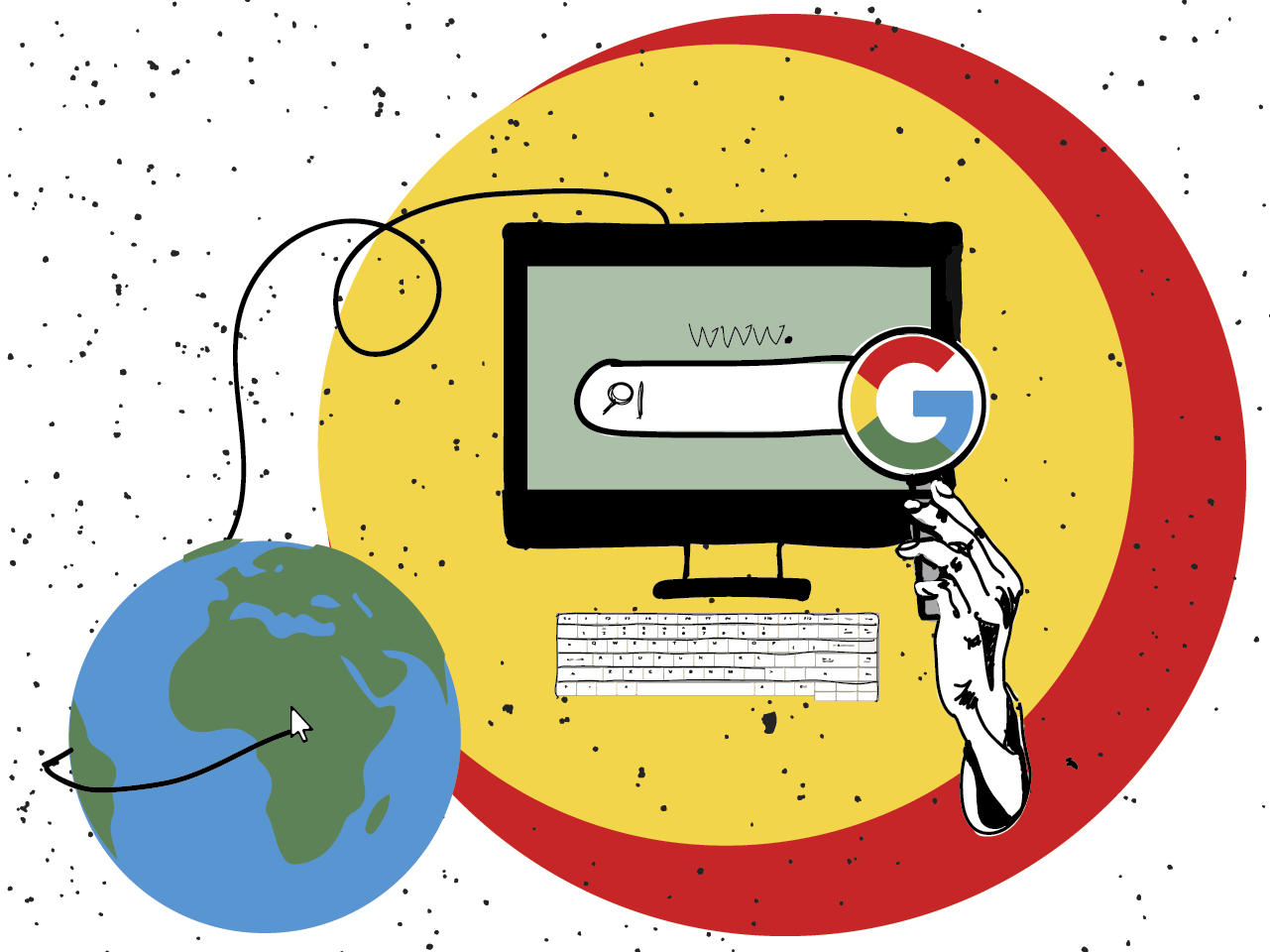
DATA MINING
In April of 2023, Humans Rights Watch investigated the privacy components of 164 remote childhood education products from so-called edtechs (startups/education-oriented companies with a focus on technology).
These products were adopted in 49 countries (including Brazil) to provide remote education for children and teenagers during the Covid-19 pandemic.
Of 146 edtechs analyzed, 89% showed practices that endanger or infringe upon the rights of underaged persons.
“What we saw Big Techs doing was to offer their services 'for free' to Secretaries of Education so that agreements were struck to avoid public procurement”, contextualized the researcher.
FREE, BUT NOT QUITE FREE
To Meira, companies are rewarded with data from teachers, students, and even their family members. It is “the core of their business model”, she explained, as those companies work with a business model based on harnessing data.
They want to handle as much personal data as possible to develop more and more precise algorithms and direct micro-segmented advertisement to users.
– Marina Meira, of Data Privacy Brasil
“Targeted ads is how the corporate business model works”.
In addition to that, the more dependent institutions grow on those “free” services offered by Big Tech, the bigger the risk that such companies will charge for them in the future, leaving little room for anything other than paying for those services with money that could be used elsewhere.
For instance: in 2022, as previously reported by Intercept Brasil, Google announced that it would start charging universities so far provided with its “unlimited” products gratuitously.




